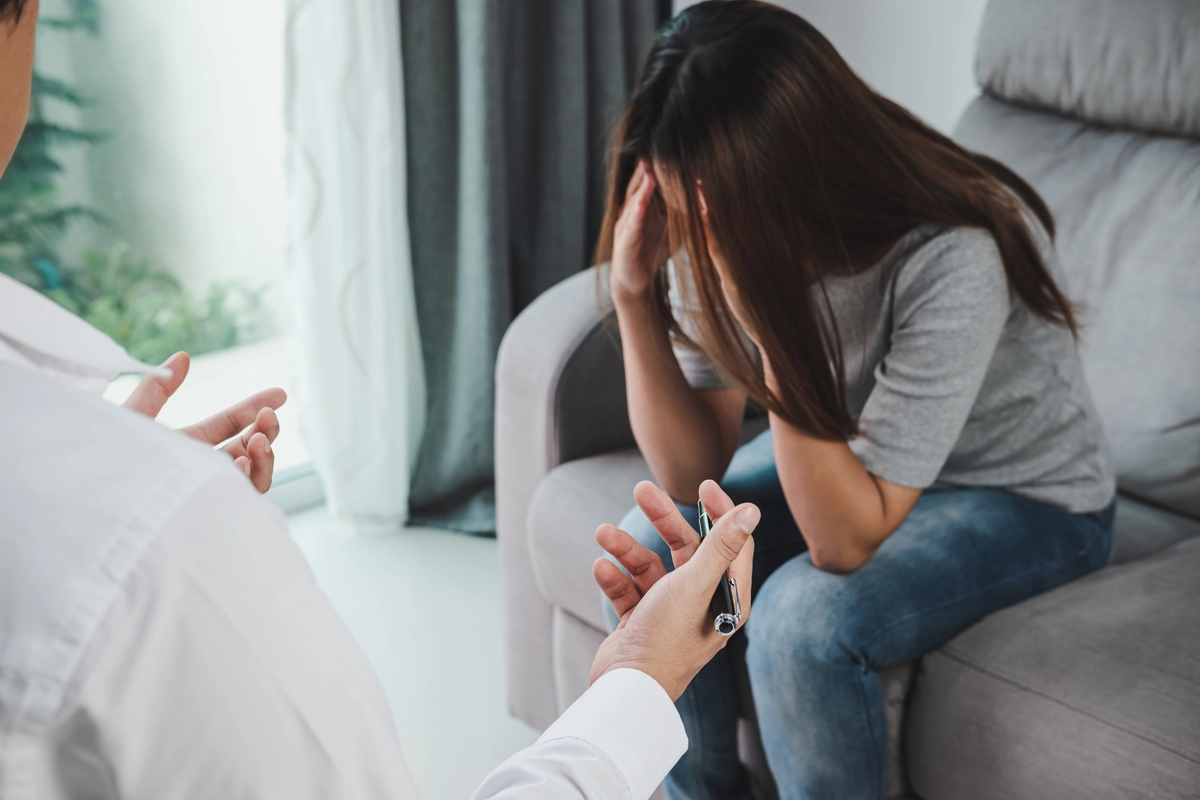24/7 Helpline:
(866) 899-221924/7 Helpline:
(866) 899-2219
Learn more about Depression Treatment centers in Noble

Other Insurance Options

Magellan Health

Private insurance

Choice Care Network

Absolute Total Care

Sutter

Holman Group

BHS | Behavioral Health Systems

BlueCross

Anthem

Coventry Health Care

UMR

State Farm

ComPsych

Evernorth

Medical Mutual of Ohio

PHCS Network

Providence

Highmark

Group Health Incorporated

Molina Healthcare

Hope Center Ministries – Purcell Women’s Center
Hope Center Ministries - Purcell Women's Center is a faith-based drug and alcohol rehab for women, l...



















